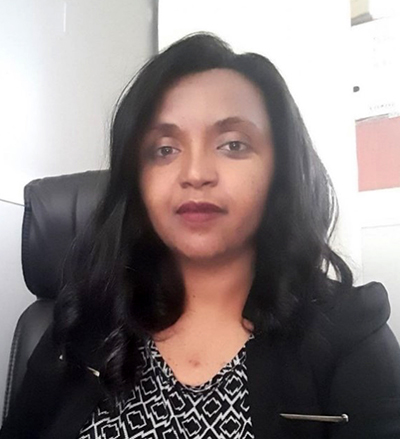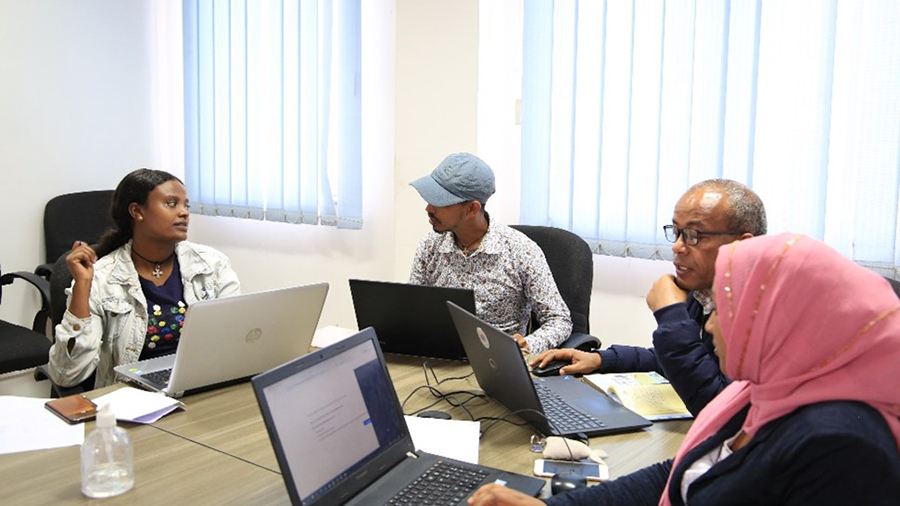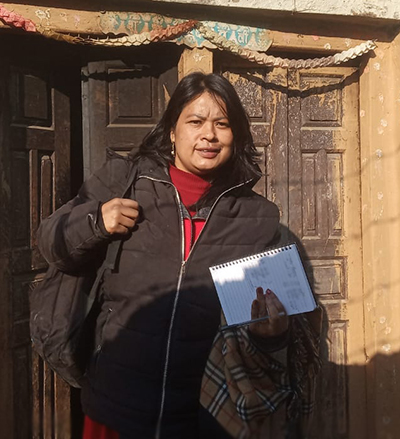Insights into managerial practices in sustainable capacity building projects in higher education
The expertise of Finnish higher education (HE) institutions is currently in demand in capacity building projects that aim to develop educational institutions and eventually the sustainability of entire educational ecosystems. Such projects require that higher education organisations and experts from diverse education systems join multinational ecosystems to co-develop a country’s local education ecosystem. As practitioners from Ethiopia, Finland and Nepal we think that it is important to evaluate what kinds of managerial practices can help achieve sustainable project outcomes. This is why we invited practitioners and researchers to share their insights into sustainable managerial practices in a workshop that was held at Sustainable Science Days 2023 at Helsinki University in Helsinki and online. The summit brought together the academic community, changemakers and the public to create knowledge, actions, and solutions for a sustainable future.
Sustainable project outcomes cannot be reached by transferring a piece from the Finnish education system to a local education system. Neither can we expect a ready-made course or service to match the needs of our partners in their context. No matter whether the project goal is to develop everyday practices or higher level policies, projects depend on our partners’ understanding of the local needs and them driving the work towards meaningful outcomes – them having the ownership of the work as well as a feeling of agency. Yet project goals may require that an approach that is used in the Finnish education system should be adopted in a very different context. The coordination of project actions in the constantly evolving local environment is also typically done by an international partner. These dependencies and requirements pose questions about sustainable managerial practices.
What do we mean by sustainable project outcomes? This question was answered in the workshop by Selome Fantahun from Federal Democracy Republic of Ethiopia Technical and vocational Training Institute, Ethiopia, and Ruma Manandhar from Nepal Open University, Nepal, who have experience of several multinational projects. Selome Fantahun highlighted the importance of institutionalizing project outcomes. She explained that institutionalization can happen when people at all organizational levels and the external stakeholders are involved in the development work and the outcomes are integrated in the curriculum and when those who are affected by the project actually pilot what is being developed by the project. She also underlined the importance of the local ownership after the project has ended and emphasized the need to test and evaluate the relevance of the project in the local environment.
Ruma Manandhar reflected on sustainable development both around her university and at a national level. She underlined the importance of extending capacity building activities to various levels of the education ecosystem and the existence a robust monitoring system that involves ministry level actors as well as audits.
What she considered critical for students’ access to higher education was infrastructure development, such as building accessible toilets and establishing support for students (e.g. support centres) at campuses and developing prerequisites for open and distance learning. She highlighted the importance of a thorough needs analysis that is done in the local context and collaboration among multinational partners.
Given these insights into sustainable project outcomes, how did the workshop participants define the managerial practices that would contribute to such outcomes? It was immediately pointed out that the local context comprises several education ecosystems instead of one single ecosystem. The participants elaborated that managers should define what the ecosystem in question comprises. The participants also reminded that one context should not be copied to another.
The sustainable managerial practices that were highlighted included practices that allow proper planning among actors from all the involved countries and organisations before the project starts and enable creating common understanding of the goals and wishes for the project among all participants. In addition, managers should make it possible for people to get to know each other and the resources the project team has, such as the available time, money, skills, technology and facilities as well as the support the team gets from the involved organisations. Facilitating communication, collaboration and good relations as well as in-person meetings were seen as crucial and regarded as prerequisites for the work with the stakeholders. In addition, unifying the practices within the project, conducting mutual training sessions and carefully planning who will travel where and when were underlined.

The insights into sustainable managerial practices gained in the workshop seem to be connected to the facilitation of interaction between the people around the project. If we look at the question from the service ecosystem perspective, which defines service ecosystem as a “relatively self-contained, self-adjusting system of resource-integrating actors connected by shared institutional arrangements and mutual value creation through service exchange” (Vargo and Lusch 2016), the self-adjusting nature of service ecosystems becomes visible. Yet it is known that it is crucial that managers take action to manage the service-ecosystem and facilitate its well-being (e.g. Frow et al. 2019). Considering the insights gained in the workshop, managers should not aim to control the project actions in the local system, but rather facilitate interaction and collaboration among actors and, by doing so, enable actions that can help reach sustainable outcomes.
Authors
Tuulia Kiilavuori, Senior Lecturer, School of Professional Teacher Education, JAMK University of Applied Sciences
Kaija Peuna-Korpioja, Senior Lecturer, School of Professional Teacher Education, JAMK University of Applied Sciences
Ruma Manandhar, Assistant Professor, Nepal Open University, Faculty of Social Sciences and Education
Selome Fantahun, Dean, Civil Technology Faculty, Federal Democracy Republic of Ethiopia Technical and vocational Training Institute
References
Frow P., McColl-Kennedy, J. R., Payne, A. & Govind, R. (2019). Service ecosys-tem well-being: conceptualization and implications for theory and practice. European Journal of Marketing, 53(12), 2657–2691.
Vargo, S. L., & Lusch, R. F. (2016). Institutions and axioms: an extension and up-date of service-dominant logic. Journal of the Academy of Marketing Science, 44(1), 5–23.


